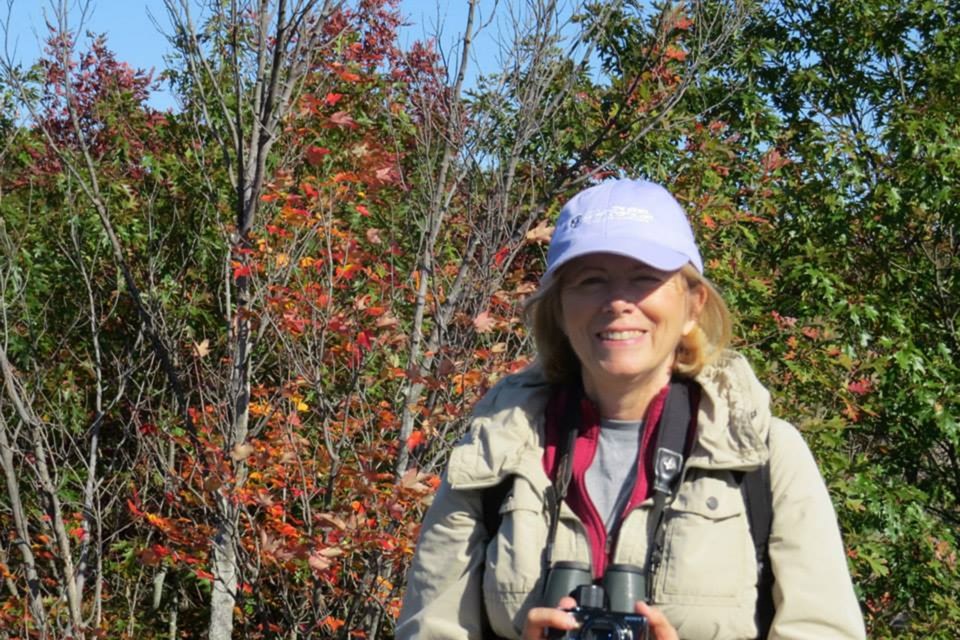NEWS REALEASE
ORILLIA NATURALISTS’ CLUB
*************************
The Orillia Naturalists’ Club will host their March meeting on Zoom with guest speaker Pamela Stagg on Wednesday, March 6 at 7 p.m. She will be presenting highlights of paleontology revolution and ancient DNA.
In the past few decades, paleontology has experienced changes so radical that they could be described as revolutionary. First came the discovery that researchers could piece together ancient DNA, damaged by thousands or even million years of wear and tear.
Then came eDna, or environmental DNA. Think of it as ‘ghost DNA’. It’s the trace DNA that’s left behind after an animal has moved on. For instance, in a modern example, a fisheries researcher might find a fragment of a fish scale in a water sample.
There might have been no sign of the fish that once wore that scale, but the researcher could analyze the DNA and identify the fish. This is an incredible tool for anyone researching populations of hard-to-find species.
Paleogeneticists discovered that they could detect ancient eDNA in soil recently covered by glaciers, or in melting permafrost. Suddenly, paleontology changed from being the study of fossils. Now, it’s often primarily the study of ancient eDNA.
And that is expanded our knowledge of prehistory to an astounding degree. For instance, researchers in Greenland were able to identify the species of plants and animals – even microbes – that made up an ecosystem two millions years ago.
Now, ancient DNA is teaching us about the movement of plants and animals thousands of years ago – and the vanished land bridges they used to travel the world. It tells about climate change thousands of years ago. It can even show us how the continents moved over time.
As the host of a radio program on nature, Stagg has had a front-row seat for the dramatic evolution of paleontology. She’s interviewed scientists from Alaska and Colorado to Ottawa and New York City, learning about their discoveries and sharing the new paleontology with listeners in Prince Edward County – and around the world.
Naturally curious, Stagg loves learning and passing on information to nature-lovers. And ancient DNA has been one of her most challenging subjects.
“Since I put this presentation together, the subject keeps evolving. For instance, a University of Alaska Fairbanks research ship headed to the Bering Sea last summer, to collect core samples from the bottom of the ocean. When these samples are analyzed, researchers will be able to reconstruct the complete ecosystem of the Bering land bridge – actually a huge subcontinent – in minute detail. I can’t wait to find out the results of the DNA analysis!”
For more information about the Orillia Naturalists’ Club and to stay updated on our events, please visit our Facebook page @orillianaturalistsclub or on Instagram @orillianature.
You can gain access to the Zoom presentation by signing up through the link on our website or Facebook event, orillianaturalistsclub.ca
*************************
